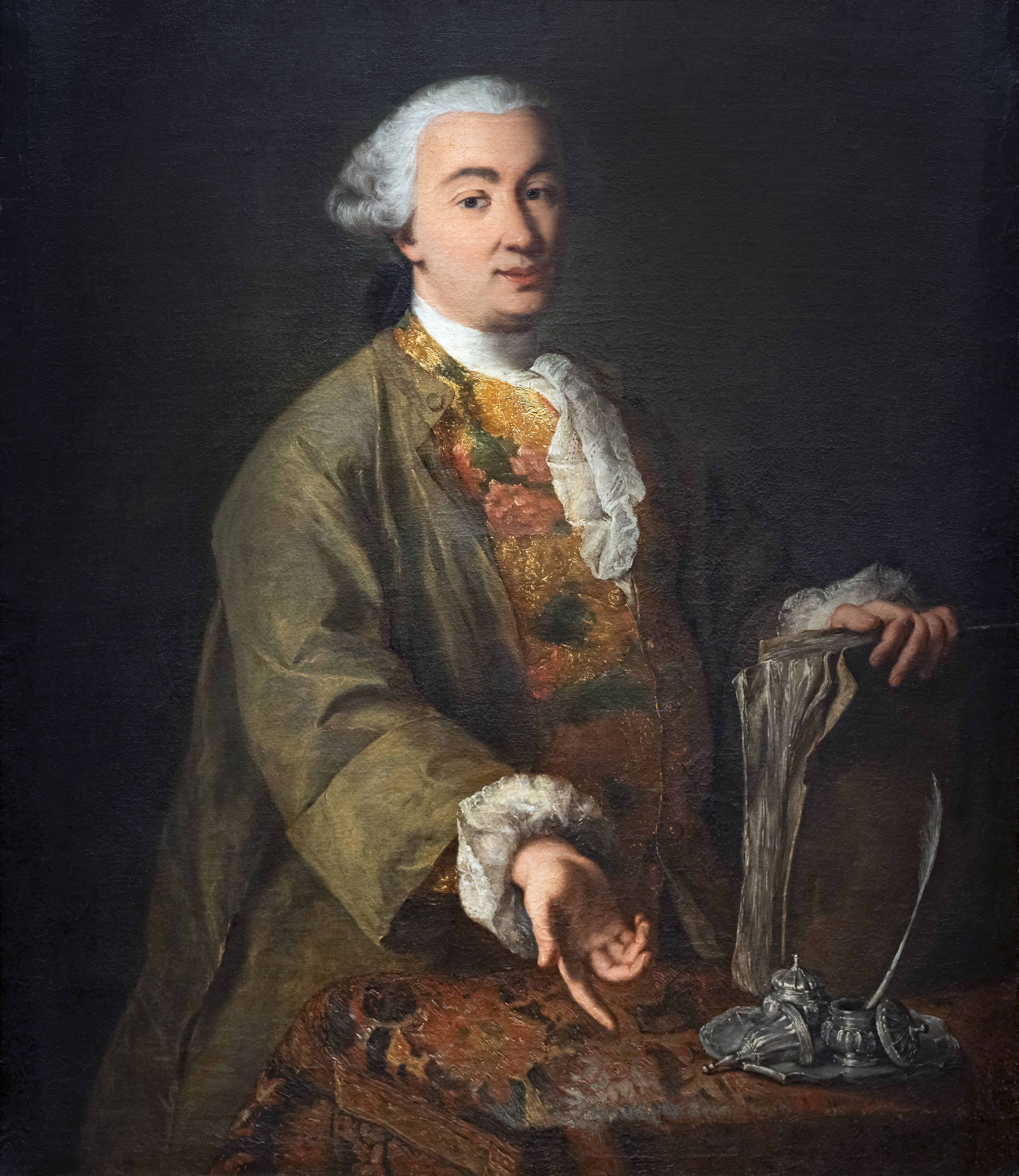“The blush is beautiful, but it is sometimes inconvenient.”
Bello è il rossore, ma è incommodo qualche volta.
I. 3.
Pamela (c. 1750)
Carlo Osvaldo Goldoni was an Italian playwright and librettist from the Republic of Venice. His works include some of Italy's most famous and best-loved plays. Audiences have admired the plays of Goldoni for their ingenious mix of wit and honesty. His plays offered his contemporaries images of themselves, often dramatizing the lives, values, and conflicts of the emerging middle classes. Though he wrote in French and Italian, his plays make rich use of the Venetian language, regional vernacular, and colloquialisms. Goldoni also wrote under the pen name and title "Polisseno Fegeio, Pastor Arcade," which he claimed in his memoirs the "Arcadians of Rome" bestowed on him.
One of his best known works is the comic play Servant of Two Masters, which has been translated and adapted internationally numerous times. In 2011, Richard Bean adapted the play for the National Theatre of Great Britain as One Man, Two Guvnors. Its popularity led to a transfer to the West End and in 2012 to Broadway.

“The blush is beautiful, but it is sometimes inconvenient.”
Bello è il rossore, ma è incommodo qualche volta.
I. 3.
Pamela (c. 1750)
“He only half dies who leaves an image of himself in his sons.”
Muore per metà chi lascia un' immagine di se stesso nei figli.
II. 2.
Pamela (c. 1750)
“The world is a beautiful book, but of little use to him who cannot read it.”
Il mondo è un bel libro, ma poco serve a chi non lo sa leggere.
I. 14.
Pamela (c. 1750)
“A wise traveler never despises his own country.”
Un viaggiatore prudente non disprezza mai il suo paese.
I. 16.
Pamela (c. 1750)
“Who well begins, is half way through his task.”
Il filosofo di campagna (The Country Philosopher) (1752), Part II, scene I (translation by Lesbina); reported in Thomas Benfield Harbottle and Philip Hugh Dalbiac, Dictionary of Quotations (French and Italian) (1904), p. 261.
“He who talks much cannot always talk well.”
Chi parla troppo non può parlar sempre bene.
I. 6.
Pamela (c. 1750)
“Pretexts are not wanting when one wishes to use them.”
Non mancano pretesti quando si vuole.
La Villeggiatura (1761), I, 12.
“He who never leaves his country is full of prejudices.”
Chi non esce dal suo paese, vive pieno di pregiudizi.
I, 14.
Pamela (c. 1750)